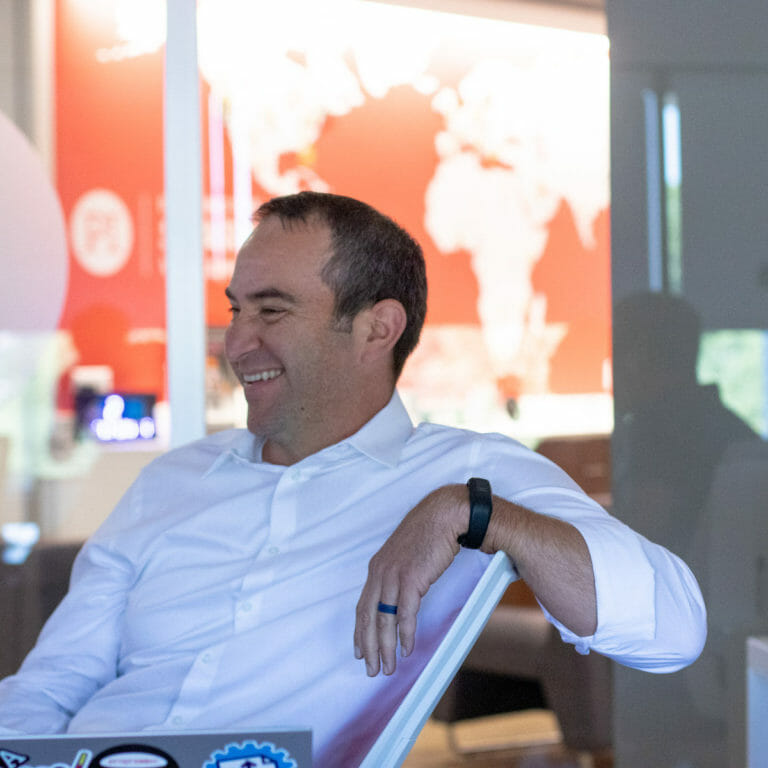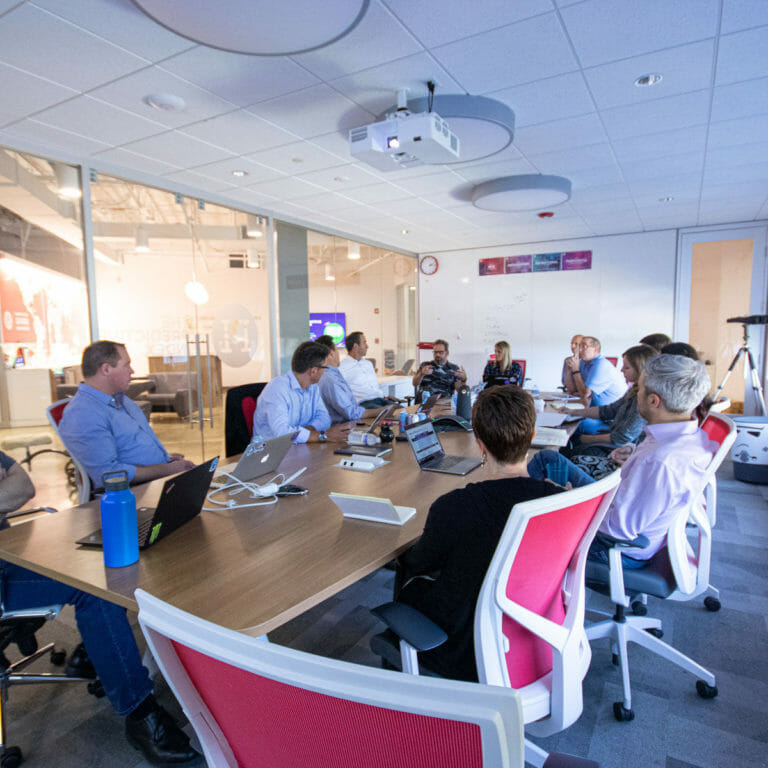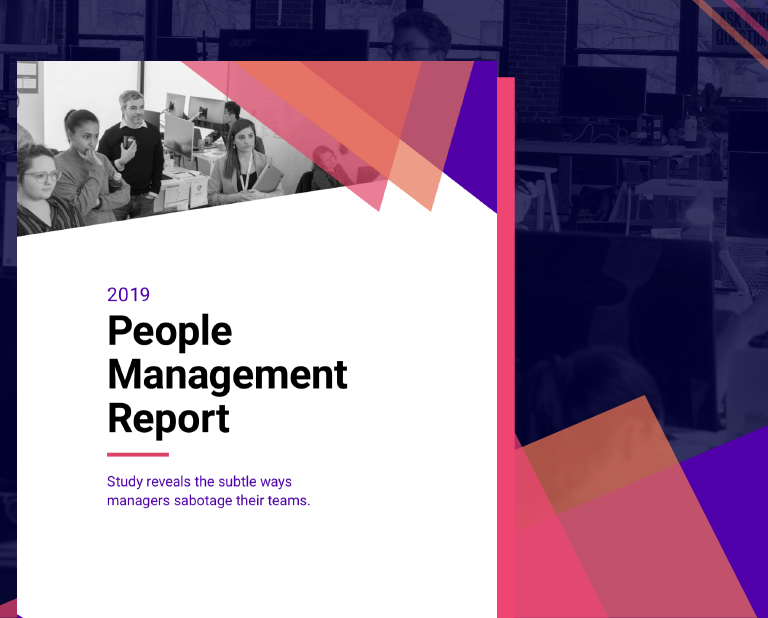
How to build a more emotionally intelligent organizational culture
Emotional intelligence is an essential skill for organizational success. Learn how to build a more emotionally intelligent culture in this blog.

Emotional intelligence is an essential skill for organizational success. Learn how to build a more emotionally intelligent culture in this blog.

Completing a talent review helps companies uncover talent gaps and identify high potential employees. Follow these steps to complete your own talent review.

Psychological safety in the workplace leads to higher performance and less employee turnover. Follow these 8 tips to build trust on your team—and across the company.

Who should create a culture of accountability? Workplace culture must align with the business strategy. And that starts with the C-Suite.

A recent survey of 1,200+ U.S. workers by Owl Labs and Global Workplace Analytics sought to understand different remote work trends. Here’s what they found.

Psychological safety is a critical component of high-performing teams. In this blog, learn how to measure the psychological safety in your organization.

360 evaluations are a development tool and a highly-effective way to build employee self-awareness. Companies can also use them to increase engagement and optimize talent through career pathing.

In August 2019, The Predictive Index® conducted a survey to ask 1,038 employees from 13 industries about their managers. This is what we found.

How is psychological safety related to engagement? That’s the question this blog answers. Read on to learn about the link between psych safety and engagement.

Managers are responsible for supporting all employees—not just high performers. Here are six strategies to motivate and support each employee.

Hiring a new employee is just the beginning. To ensure your new hire is successful, they need clear metrics for success and measures of accountability.

Regardless of your role, capacity building is essential to your career growth. Bob Glazer, CEO of Acceleration Partners, explains why.